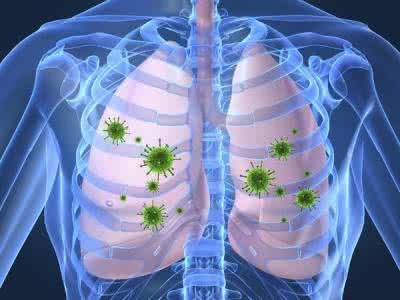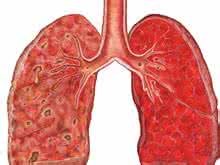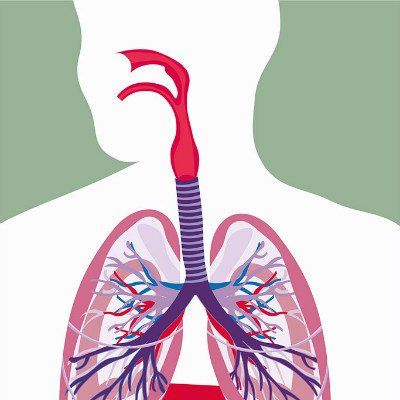Symptoms of lung cancer
summary
Lung cancer is the most common and high-risk malignant tumor. Once found, patients are often in advanced stage, and the five-year survival rate is very low. At the same time, lung cancer in many cancers, is also the most early prevention and intervention. So, what are the early symptoms of lung cancer? What are the common signs of early lung cancer? Now let's learn about it.
Symptoms of lung cancer
1. Cough is the most common symptom in the early stage of lung cancer. Among them, hemoptysis has the most diagnostic significance, mostly with blood in sputum. Lung cancer experts believe that if respiratory symptoms are not cured after more than two weeks of treatment, especially in patients with bloody sputum, dry cough or elderly patients with chronic bronchitis, the voice or nature of cough changes in the near future, we should be highly alert to the possibility of lung cancer. In addition, repeated pneumonia at the same site should also be alert to the possibility of lung cancer.

2. Swelling and pain of bone and joint, sudden and continuous swelling of the ends of fingers and toes should be alert. In the early stage of lung cancer, bone and joint swelling usually presents pain or hypertrophy of limbs, clubbing fingers, multiple neuritis, myasthenia gravis, and in severe cases, it may affect the activity of limbs.

3. Clinical studies on chest, shoulder and back pain show that lung cancer growing in the apex of the lung is easy to invade bone and joint, neuromuscular, pleura and chest wall in the early stage, leading to intermittent or persistent pain in the chest, shoulders and back. In addition, the compression of brachial plexus by early lung cancer lesions can cause pain in the ipsilateral shoulder and arm, inability to lift, radiation pain and paresthesia in the shoulder and fingers, and muscle atrophy.

matters needing attention
Although there are many symptoms of early lung cancer, but these symptoms are confused with cold, bronchitis, pneumonia and other diseases, it is difficult to attract the attention of patients. If it is diagnosed as advanced lung cancer, it is generally recommended to use targeted therapy on the basis of surgical resection. For advanced non-small cell lung cancer, the application of targeted drugs can significantly improve the five-year survival rate of patients.














